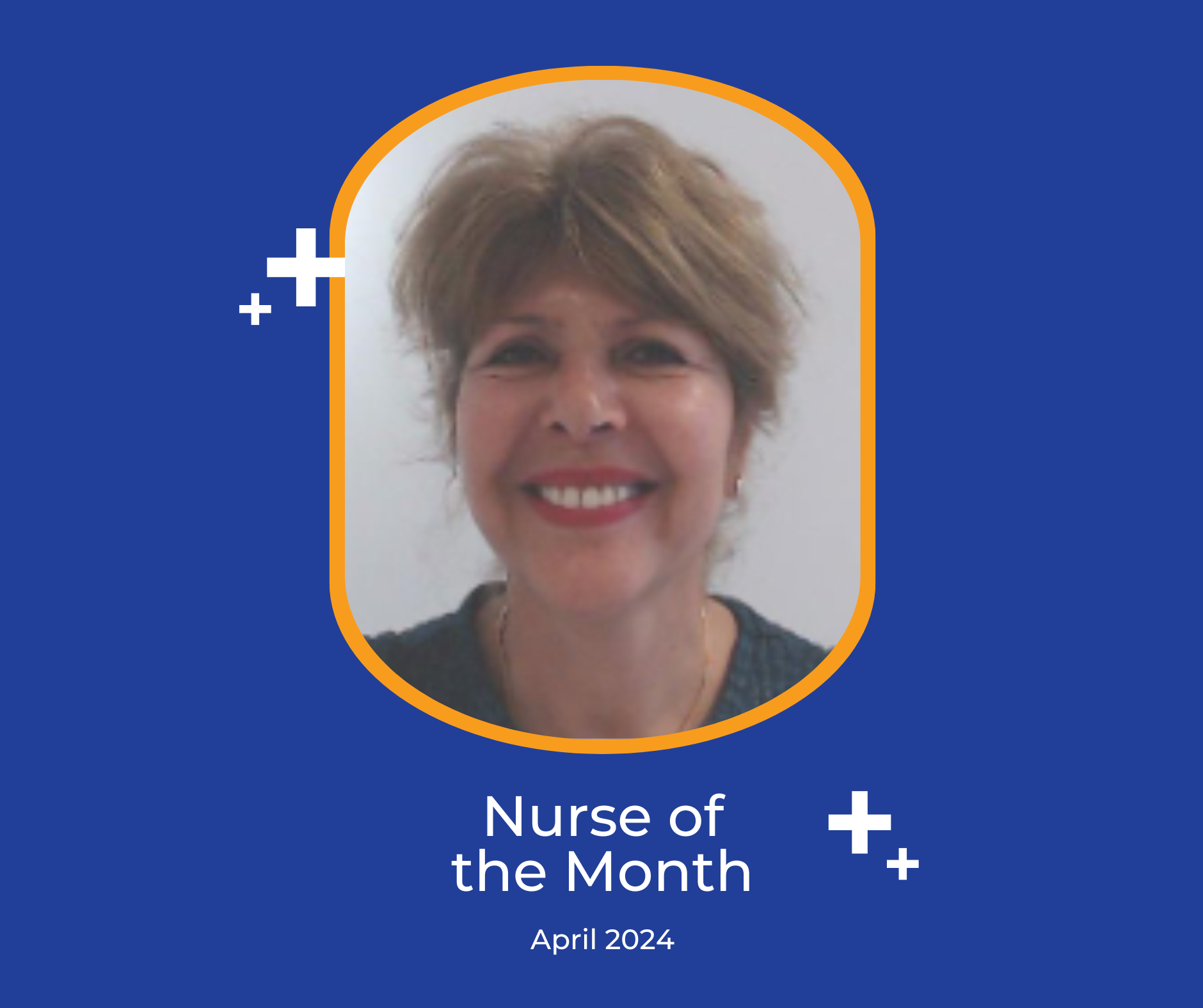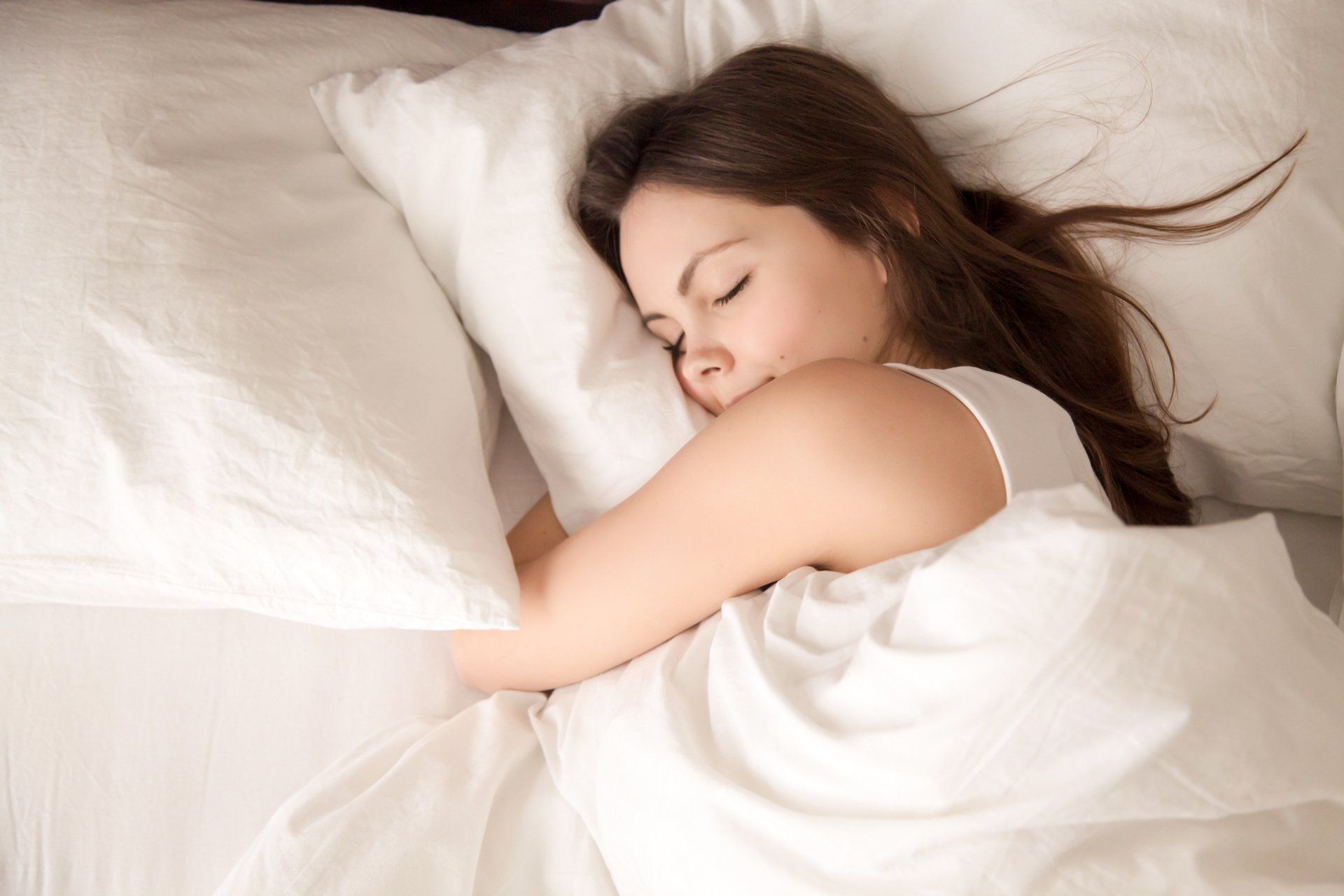Sleep hygiene - Getting the most out of your sleep
Whether you work night shift, day shift or afternoon shift, sleep is often something which gets swept to the side when our shifts and lives get busy. Here we explore why sleep is vital and how to get the most from your zzz’s.
Why Sleep Matters
In order to change habits and alter our deep-rooted routines, we need to understand why sleep is important. What’s in it for me?
Sleep, though often taken for granted, impacts your entire body and mind. It is responsible for consolidating memories, processing and restoring information and rejuvenating cell and muscle growth. Put simply, sleep can affect our weight, mood, wellbeing, ability to process information and how we think our general lives are currently playing out.
So how can your shut-eye improve your sleep hygiene for the better of both your patients and your own wellbeing?
Firstly, find a sleep routine amongst the shift work irregularity
It’s frustrating when non-shift workers say, “just go to bed at the same time every night” as a solution to my sleeping problems. Do they realise that is not a feasible option due to most of us having varying shift times?
Instead of just giving up, getting mad, throwing in the towel and accepting 2-6 hours of sleep a night, we need to focus on prioritising sleep in order to make a positive change. Getting 7-9 hours of sleep, when your shift allows, should be your aim, even if right now it may seem like an impossible task.
Here are some simple ways to make this happen:
- When winding down, instead of watching a full-length film or watching episode after episode of your favorite show, set yourself a timer to stop. The “bedtime” feature on your phone works wonderfully. Make yourself turn off the TV and go to bed.
- Have a warm shower prior to going to sleep
- Ensure your room is cool, aiming for a temperature between 16-19 degrees celsius.
- Use blackout curtains, blinds and/or an eye mask, striving for a completely blackened room.
- Wear blue light blocking glasses. This helps your sleep hormone, melatonin, wind down naturally despite the light from your phone, TV and house lights.
- Try aromatherapy. Spray lavender onto your pillow or release it through a diffuser.
- Drink camomile tea prior to going to bed.
- Avoid caffeine 5-6 before you intend on sleeping.
- Read or listen to a book instead of watching TV or your scrolling your phone before bed.
- Charge your phone outside your bedroom.
- Meditate with the help of audio guides.
- Avoid heavy conversations and critical decision making prior to going to sleep. This can’t always be avoided, but could you be better served talking when you get up.
With these ideas in mind, start making the 2 hours before bed consistently look the same. Healthy behaviors before bed are a great recipe for a restful night sleep.
Embrace “sleep-friendly” foods
Did you know there are foods and drinks which are naturally high in our sleep hormone melatonin, that can help us fall and stay asleep?
Take a look at the list below to think about ways you can incorporate these foods into your sleep routine.
- Almonds and walnuts
- Cottage cheese
- Chamomile, ginger, passionflower and peppermint tea
- Warm milk
- Cherry tart juice
- Kiwi fruit
- Oats
- Berries
- Turkey
- Banana
Warm oats, topped with a small banana, drizzled with warm berries and crushed walnuts after a night shift? Yes, please.
Next, uncover why you are having trouble sleeping
If you are having trouble sleeping, have you really thought about why? Are you too hot or cold? Is the light bothering you? Is your bed causing you significant pain?
In order to move forward and improve your sleep hygiene, only you can take an honest look at your current routine and make the required changes. While sleep professionals can recommend particular alterations, only you can bring them to fruition.
But you might be wondering, what am I doing wrong? Here is a list of issues and behaviours potentially causing a lack of shut-eye for you to focus on:
- Eating too close before bed limits the time your digestive system has to break down the food. This will often cause reflux.
- Consuming caffeine too close before bed.
- Falling asleep on the couch
- Exposing your eyes to excessive blue light prior to sleep
- Exercising too close before bed can be detrimental to some
- Not taking the time to unwind without noise, TV or distraction
- Relying on alcohol and medication
- Underlying diagnosis of insomnia or narcolepsy
I also think it’s timely to mention three important things from my own personal experience as a shift worker. Firstly, remain positive about actually going to sleep. Secondly, accept that some days sleep might not happen without beating yourself up. Lastly, it’s okay to get up after 30 minutes and distract your mind for a while instead of just staring at the ceiling - you might think counting sheep is funny, but this mind numbing task has worked before.
Getting your 7-9 hours sleep as a shift worker is not impossible, but it may take some practice to find what works for you and what doesn’t. Plan - try new foods, enjoy different drinks, create a welcoming sleeping environment and find yourself a sleep routine that puts you in a headspace to have the volume of zzz’s you deserve.
Happy snoozing.
Emma












